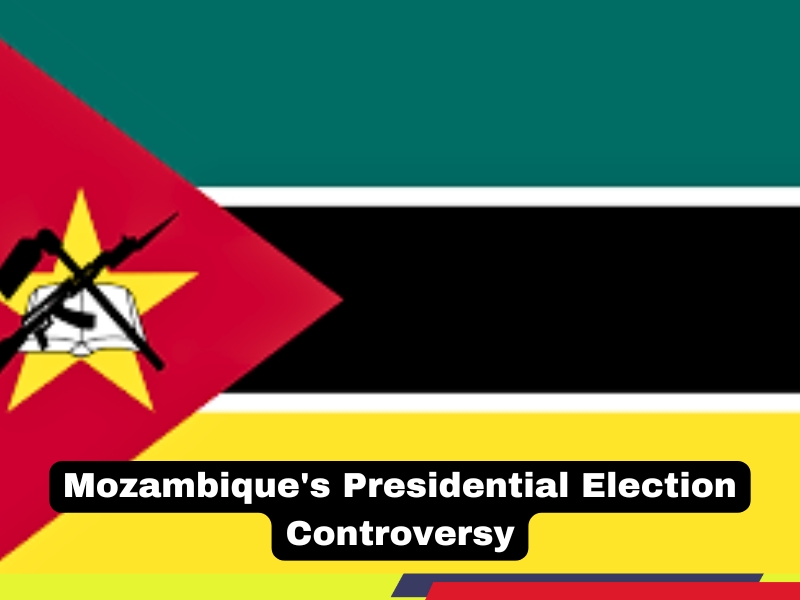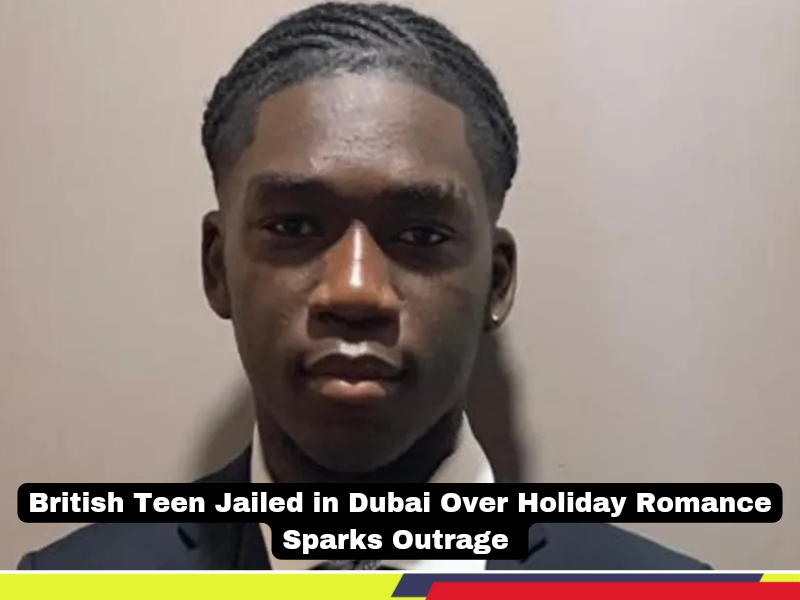In a contentious election marked by violence and allegations of electoral fraud, Daniel Chapo was declared the winner of Mozambique’s recent presidential race. Chapo’s victory, however, has done little to calm an already turbulent political landscape. His party, Frelimo, has governed Mozambique for nearly 50 years, and accusations of widespread manipulation have cast a shadow over both his win and the country’s democratic processes.
Frelimo’s Grip on Power: A Legacy Under Scrutiny
For nearly five decades, Frelimo has been synonymous with Mozambican governance. Initially a liberation movement, Frelimo has evolved over the years into a dominant political force that has overseen both Mozambique’s independence and its economic development. However, with this longstanding rule has come increasing criticism over its practices and policies. Many Mozambicans feel that the party’s dominance has led to complacency, corruption, and an entrenched political system resistant to change.
Election Violence and Fraud Allegations
The electoral process itself was marred by violence and allegations of fraud, with reports of voter intimidation, ballot tampering, and irregularities at various polling stations. Local opposition and international observers voiced concerns, with some calling it a direct assault on the democratic rights of Mozambican citizens. For many, the election felt less like a fair choice and more like an endorsement of the status quo under pressure.
These accusations have fueled protests in some regions, as many Mozambicans question the validity of the results. Opposition leaders are calling for an investigation, emphasizing the need for transparency and adherence to democratic principles. They argue that the country deserves leadership free from the influence of corruption and misconduct.
What’s Next for Mozambique?
Daniel Chapo’s declared victory brings an immediate challenge: winning the trust of a skeptical public. Many hope that he will take swift action to address economic inequality, improve infrastructure, and create jobs—especially for the youth who have been particularly vocal about their desire for change. Mozambique is rich in natural resources, yet vast numbers of its people continue to live in poverty, a discrepancy many attribute to corruption and poor governance.
In the face of these challenges, Chapo and his administration could choose to break with Frelimo’s past practices and establish a new vision for Mozambique. However, given Frelimo’s track record, there is significant public doubt as to whether true reform is possible under its rule.
A Watershed Moment for Democracy in Mozambique?
As Mozambique reflects on this election, the broader question remains: Can the country build a truly democratic system? Calls for reform within the electoral process, greater transparency, and a commitment to anti-corruption measures are louder than ever. Whether Chapo will respond to these calls and use his presidency to pave a new path remains to be seen.
For Mozambique, the fight for a more representative and accountable government is just beginning. The results of this election have illuminated the cracks in the system, sparking a movement of change that may shape the country’s future in ways few could have anticipated.




